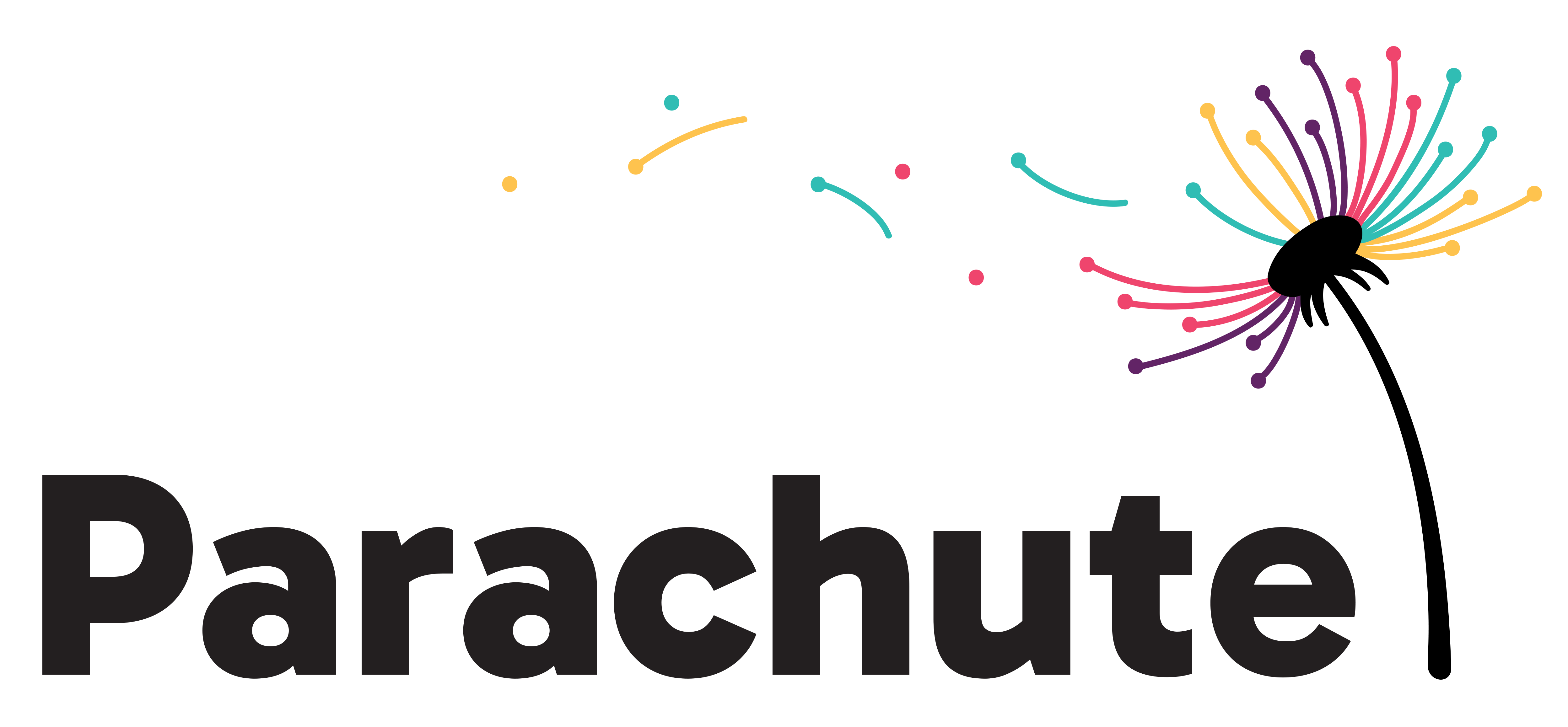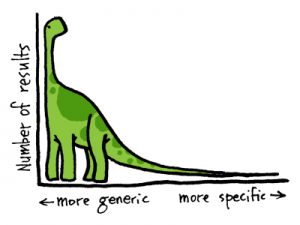One of my clients is experiencing a lull in the number of enquiries and sales their business is receiving and naturally, they want to turn this around. Because the majority of their business is driven through search engine marketing (SEM), better known as paid search or Google Adwords, their first reaction is to increase the daily search media budget and hope that this drives more people and more enquiries. But this has been the strategy for the last 2 months and while it is driving more people, they are not converting to enquiries. They asked me the question “What is wrong with my site? Why are visitors coming from search not choosing to contact us?”
This is not an easy question to answer through data. From their Google Adwords paid search reports and through Google Analytics website statistics, I could see which keywords were driving the majority of the traffic to my clients website – from both paid search as well as organic search. This quick snapshot showed that of the top 25 keywords sending visitors to the website from organic search, only 5 keywords could be considered long tail keywords that showed a higher propensity to buy. This means that 20 of the top keywords were generic in nature, burning through their budget with little likelihood of converting. When looking at their top 25 keywords for paid search, 9 were long tail terms sending better qualified visitors to the website. However, as is often the case with paid search, the quality of the user was lower as they visited less pages on the website, spent less time reading and had a higher bounce rate than the visitors from organic search.
In paid search the industry divides keywords into categories as they require different strategies. Your campaign head terms include generic keywords related to your category and your brand terms. Head terms generally have huge search volume and drive a lot of traffic to your website. However, when users are typing generic terms into a search engine, they are usually at the beginning of the research stage and just starting to consider what they want to do. Hence, these head terms are not known to be strong converting terms and can be seen to waste your search media budget simply for the fact that you will get a lot of clicks and pay a lot of money for visitors that are simply not ready to buy. Due to their generic nature and the competition within an industry, head terms are often the most expensive cost per click to bid on in paid search. If we’re talking about the healthcare industry, some head keyword terms might be “aged care”, “health insurance”, “medicare”.
On the flip side, we have a category called long tail terms. A long tail keyword is the opposite of a head term. Long tail keywords are a string of longer words (a keyword can be several words long as long as it is not separated by a comma within the google search box), that are usually more specific and show that the user knows what they are looking for and are closer to being ready to commit to buy. Long tail keywords tend to get very few searches, but when they do, the quality of the visitor to your site is far greater and they tend to have the highest conversion rate. Long tail terms by their nature are less competitive, as they’re often more specific to a particular product or service that the user has been researching, are cheap cost per clicks in paid search and therefore very cost effective. Using the healthcare industry again as an example, a long tail keyword might be “aged care facilities in sydney”. This term would cost a Health Insurance Company much less per click than “aged care”.
My advice to my client was that they should stop adding more money into their paid search campaign and spend more time and money optimising the campaign to deliver better results, for a lower cost. By eliminating all of the generic head terms from their Google Adwords paid search account, they will receive less traffic, but the traffic that does come through will be more likely to convert as the longer tail keywords show a user who has done more research and is closer to being ready to commit to buy. I also recommended that they invest more money into improving the words on their webpages to include more long tail keywords so that the search engines have the opportunity to also provide this higher quality traffic, for free.
While driving high volumes of people to your website can be gratifying, but if it isn’t going to meet your end goals, then what is the point? If you have limited media budget to spend, then invest your time in driving quality visitors to your website, who have already done their research and are ready to buy. You might miss out on a few opportunities at the beginning of the consideration cycle when users are comparing products and suppliers and considering their options, but every business has to build a strategy around their unique needs. As your business and search budget grows, you can consider bidding on more generic head terms, but until then, conserve your researches and instead invest in a quality website, with good information that will help your new customers spread the word for you. Word of mouth still is the most trusted form of information.


Great blog. I know most of this info in theory but with our ad words campaign we r always too afraid to turn off our generic/head terms campaign as our specific campaigns have such a low search volume. However, now we r actually getting a large proportion of leads through quotify.com which is more cost effective on a weekly basis than ad words so we might now b brave enough to turn our generic/head terms off and then compare quotify leads to ad words specific (long tail) campaigns!!! What do u reckon?
HI Dale,
I’ve never heard of Quotify so I had a quick look and it appears that it is an affiliate marketing product. If you are getting enough leads from this service and the return on investment is better, then I would definitely take the step to at least minimise your head term keywords so as to conserve budget.
In my experience, affiliate campaigns often end up competing with you within adwords because the publishers who take on the lead based widgets are trying to generate more traffic for their website to drive the leads.
It sounds like you have a test in mind so I would continue with that. Use the numbers to make your decision. You can always turn your head keyword ad group back on in Adwords any time you feel that your Quotify leads are waning. Good luck!
Great blog post Shanelle, very useful! Thanks.
Glad to be able to help 🙂
Awesome post Shanelle. Very clear and helpful.
Have you ever actually tested doing what you suggest on a big account?
Seems like your experience is on small scale affiliate sites only, or maybe just from reading the get-rich-quick Inetrnet “gurus” out there that have no experience with corporations that actually produce and sell a product. If the examples you give are any indication, you’re suggesting Toyota is your client. I find that highly unlikely and if so, they should be worried.
I’d caution everyone to take the advice on this site with a grain of salt.
I’m sorry if I sound too negative but I’m just over all these self proclaimed experts regurgitating the same stuff without any real experience. If you want to be taken seriously, tell us who you are, what have you done, who are your clients? Tell us why we should believe you
Hi David,
I’m fine with having constructive criticism, and yes, this advice was for my audience which is primarily small businesses and companies who are new to digital marketing.
I do work for Toyota but I do not manage their search campaign – that is handled by someone far more experienced in Search than I. I am a digital strategist and not a SEM specialist, I provide information to help guide small businesses in the right direction.
In my younger years I worked across large Search campaigns for Sensis and Commonwealth Bank and CareerOne but I was never the primary lead on these accounts. My areas of expertise is in Digital strategy, email marketing and product development.
Your comments are negative and that’s fine, but if you read my blog you’ll see who I am, what I’ve done and who my clients are. Seeing as you seem to know so much more, please, write a SEM article and I’ll happily post it for my readers.
This pays to both events, as the edu webmasters make a
website owners and few dollars obtain legitimate backlinks from websites considered to be extremely
reliabled. A cut-and-dried factor why you need to
buy edu back links, as websites along with solid
edu backlinks are normally catapulted to top rank and initial web pages of SERP.